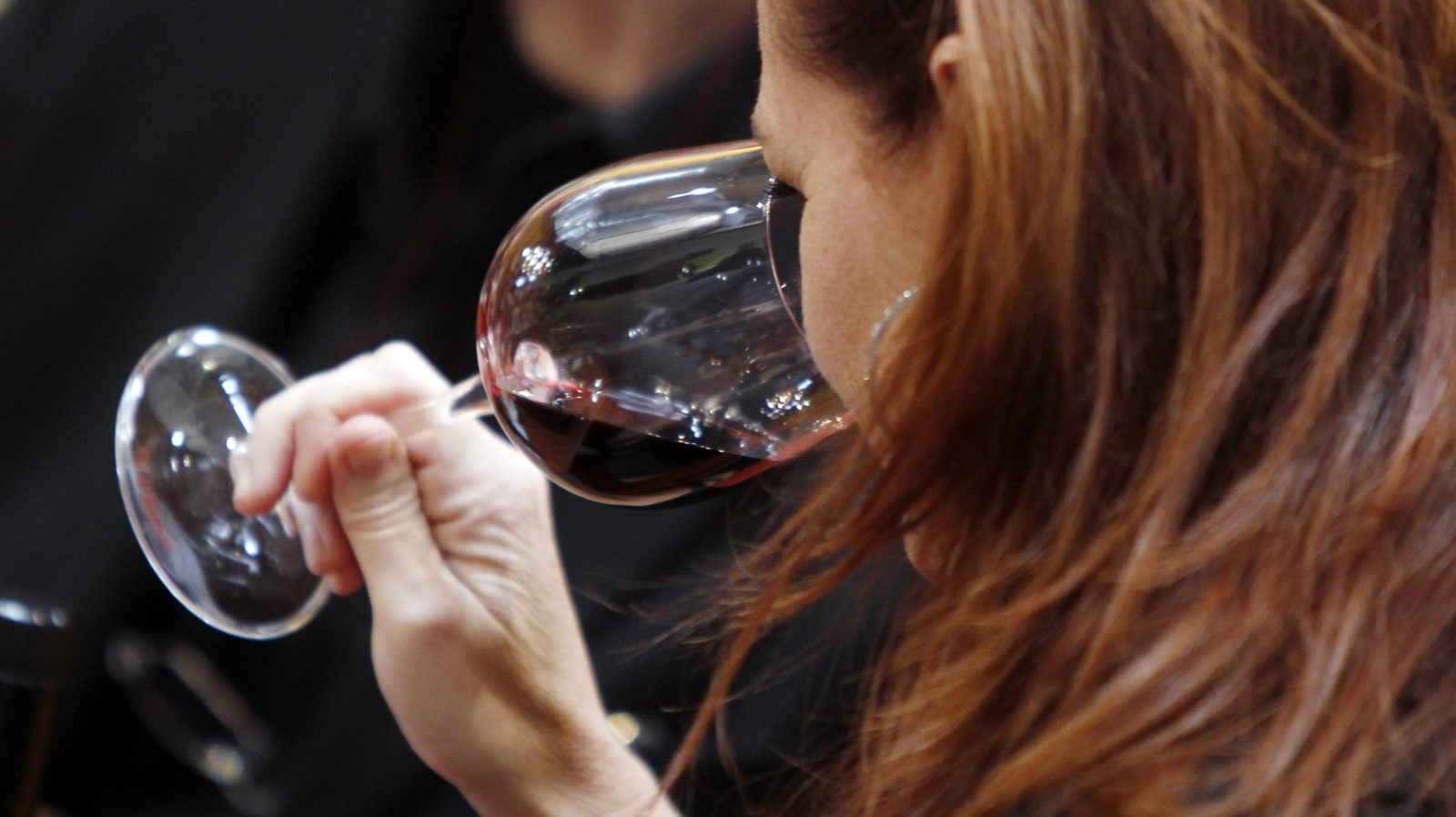The unexpected joy of giving up alcohol—or anything else
Exactly one year ago, I decided to do Dry January for the first time. I had several good reasons. I’d been feeling depressed that December, and suspected that alcohol was a contributing factor. After the nog-and-wine-fueled merriment of the holiday season, it seemed like a smart time to reset my relationship with booze.


Exactly one year ago, I decided to do Dry January for the first time. I had several good reasons. I’d been feeling depressed that December, and suspected that alcohol was a contributing factor. After the nog-and-wine-fueled merriment of the holiday season, it seemed like a smart time to reset my relationship with booze.
There was an existential-crisis component to my interest in a month of sobriety, too. I was back in New York City after a stint in London, and I knew that I wanted a change—but I wasn’t sure what part of my life, specifically, to start shaking up. Maybe I wanted to change, not a change. In the absence of a clear plan of action, I thought I could start small. If I took away alcohol—an often-overlooked, not-so-healthy part of my ordinary life—what choices and experiences, besides seltzer, might fill its place?
And so I joined the growing, global ranks of people who pledge to go alcohol-free in a traditionally cold and dreary time of the year. I expected that Dry January would be good for me, but I didn’t think I’d enjoy it. After all, giving up any of life’s pleasures—sugar, coffee, shopping, sleeping in—is usually framed in the language of virtuous sacrifice. It’s admirable, sure, but a bit of a bummer. I pictured myself trudging around town dressed like a Puritan settler, in an apron and bonnet. Maybe my new thing would be butter-churning.
Much to my surprise, Dry January—or Drynuary, as it’s also known, in a double assault against both the Gregorian calendar and my ears—turned out to be kind of fun. That’s because I finally understood something I hadn’t comprehended from the outside: Subtracting a food or habit from your life doesn’t have to mean existing in a state of deprivation. Under the right circumstances, there is pleasure to be found in absence.
For one thing, giving up alcohol in January meant that I had one less thing to worry about. When I went out with friends, I knew that I wouldn’t accidentally spend too much money on cocktails—a change that turned out to be a real boon for my budget that month. I didn’t have to decide whether to have one glass of wine or two with dinner; I didn’t have to fret about being a buzzkill if I didn’t want to join in for another round. I knew I wasn’t going to wake up sluggish and headache-y on a Sunday morning; I knew that pretty much every night, I’d be in bed by 11.
While my sleep schedule, and my bank account, grew a little more predictable, the shape of my nights actually got more interesting. In New York, grabbing drinks tends to be the go-to social proposition. Now my repertoire of ways to catch up started to expand. One friend invited me to a ramen-making class; another suggested roaming art galleries in a neighborhood I rarely visited. I scanned local event listings, proposed one-off classes in improv and charcoal drawing.
Sometimes I opted out of happy hours and just headed home after work, where I discovered that I suddenly had weird amounts of time on my hands. Now I’m exercising, I would think to myself. Now I’m reading. Now I’m making my own face mask out of egg whites and coffee grounds, and later maybe I’ll crochet a potholder. Somehow, it still wasn’t bedtime yet. Now I understood how the Puritans had had the motivation to churn butter, instead of just flopping down on the couch and watching the cows moo at each other, or whatever was the 17th-century equivalent of Netflix.
There were plenty of other concrete benefits that came with Dry January. I slept more soundly. My skin glowed. And while I didn’t stay alcohol-free for the rest of the year, taking a month off helped me drink substantially less, and less frequently, throughout 2019. (Dry January skeptics often suggest that anyone who feels compelled to give up alcohol for a month probably needs to reexamine the role that it plays in their lives, to which I say: Yes! Exactly! That was exactly what I wanted to do, and taking a month off helped me do it!) I’m not sober, but I am, like many other millennials and Gen Z-ers, now somewhat sober-curious.
But the thing that’s stuck with me the most from Dry January is that abstaining doesn’t have to be a drag. Nor does it need to be a joyless matter of willpower, in which we’re constantly battling our own impulses.
In a story for New York Magazine’s The Cut last year, Edith Zimmerman explained how she gave up alcohol by changing her root beliefs about drinking; she stopped believing it was fun, and started believing it was ruining her life. “When you believe a new thing, you don’t need a lot of effort,” she explains. She really didn’t want to drink anymore, so it felt good to be true to herself.
Of course, we don’t always know what we believe, or what it is we want to do. And so abstaining can also be a form of self-discovery. So often we fall into a particular pattern or behavior not because we’ve actively chosen it, or because it makes us happy, but because it’s become the default. Giving up alcohol or social media or Amazon for a spell can be a way to find out whether there’s a point at which it stops feeling like an absence at all, and starts feeling like life.